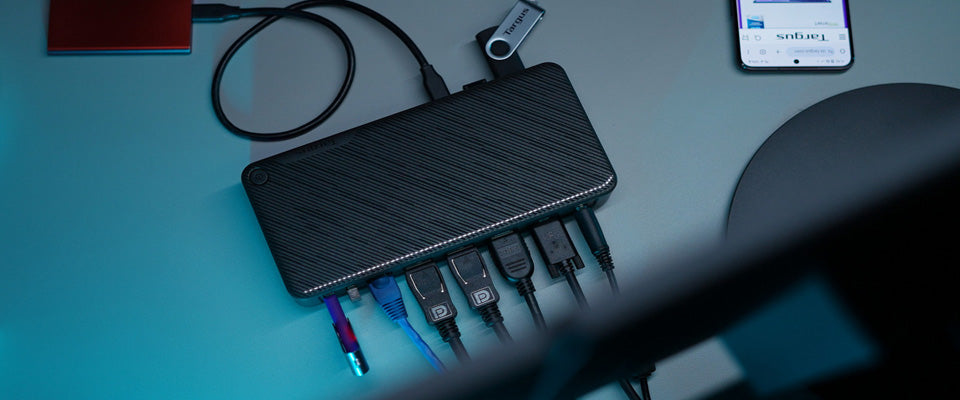Left
Right
Left
Right

In today’s tech-driven world, a docking station can be a game-changer for enhancing productivity and streamlining your workspace. However, with a plethora of options available, it’s crucial for customers to conduct thorough research and test products before making a purchase. Here’s why this approach is essential.
1. Compatibility MattersOne of the primary reasons to research is compatibility. Docking stations come with various ports and features, and not all are suitable for every device. For instance, a docking station that works seamlessly with a Windows laptop may not be compatible with a MacBook. By researching specifications and devices’ compatibility, customers can ensure they choose a docking station that meets their specific needs.
2. Understanding FeaturesDocking stations offer a range of features, from multiple display outputs to power delivery capabilities. Understanding these features is vital for maximizing the benefits of the device. For example, if you plan to use dual monitors, you’ll need a docking station that supports this functionality. Researching helps customers identify which features are essential for their workflow.
3. Performance TestingTesting a docking station before purchasing can reveal its performance in real-world scenarios. Factors like data transfer speeds, video output quality, and charging efficiency can vary significantly between models. This can prevent future frustrations and ensure the chosen docking station meets performance expectations.
4. Price vs. ValueWhile it might be tempting to go for the cheapest option, researching can help customers understand the value of different docking stations. Higher-priced models may offer better build quality, additional features, or longer warranties. By comparing options, customers can find a docking station that fits their budget while still meeting their needs.
5. Future-Proofing Your SetupTechnology evolves rapidly, and a docking station that meets your needs today may not be sufficient in a year or two. Researching future trends and upcoming technologies can help customers choose a docking station that will remain relevant as their devices and needs change. This foresight can save money in the long run by reducing the need for frequent upgrades.
Conclusion
Investing time in research and testing before purchasing a docking station is crucial to ensure compatibility, performance, and overall satisfaction. However, it takes time to attain specialist knowledge in this field, and variations across brands can cause confusion. At Targus, we offer complimentary workspace analysis and docking station trials to help you understand your needs and explore available options. This empowers you to make informed decisions that enhance your productivity and streamline your workspace. So, before you make that purchase, remember to reach out to Targus.